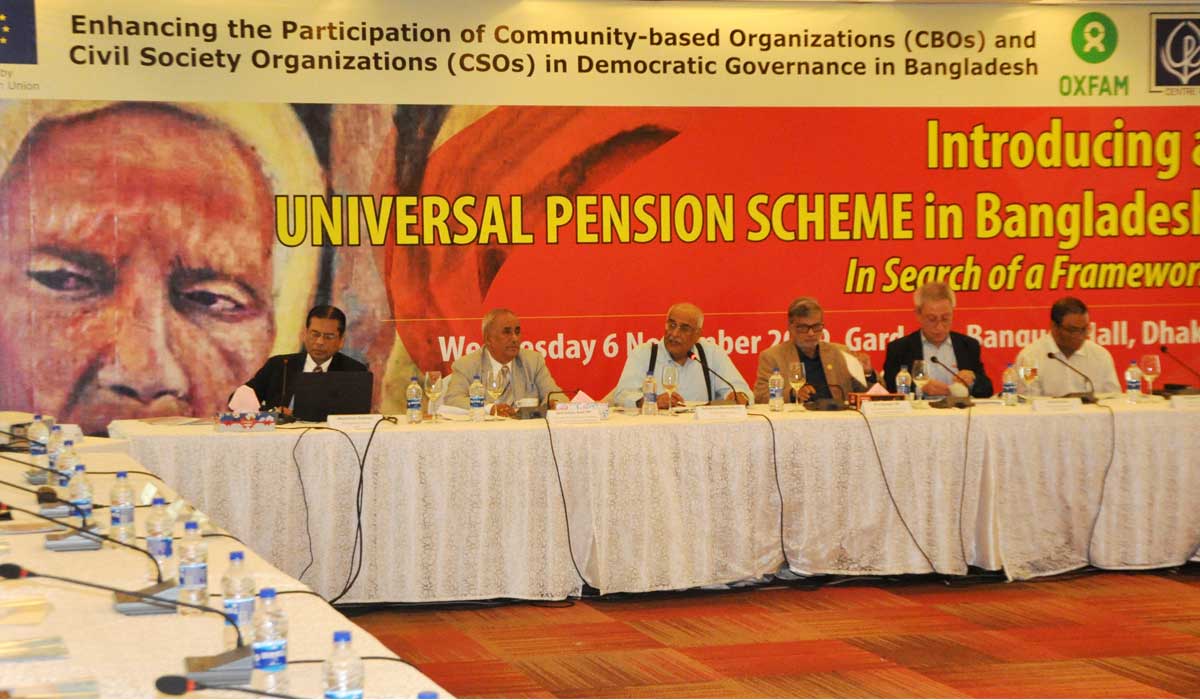
Download Presentation | Read Policy Note
Bangladesh is in a dual graduation journey – from a least developed country to a developing country, and from a low-income country to a lower-middle income country. This transition creates a need to design and pursue policies that are commensurate with the growing expectations of its citizens for better social welfare and a more economically secured life. In view of the rising inequality in Bangladesh, it is time for the country to introduce a universal pension scheme (UPS) as a tool to reduce inequality in income distribution.
These views emerged at a dialogue titled “Introducing a Universal Pension Scheme in Bangladesh: In Search of a Framework organised jointly by Centre for Policy Dialogue (CPD) and the Oxfam in Bangladesh on 6 November 2019 in Dhaka. The event was organised under an ongoing project titled ‘Enhancing the participation of community-based organizations (CBOs) and civil society organization (CSOs) in democratic governance in Bangladesh’, supported by the European Union.
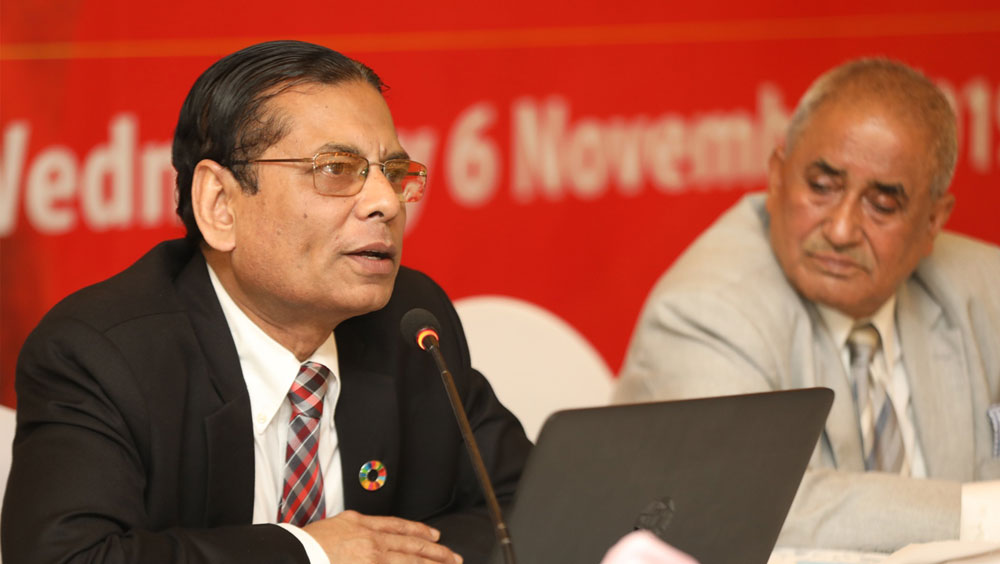
Professor Mustafizur Rahman, Distinguished Fellow, CPD, presented a key note at the event. He proposed a possible framework for introducing a UPS for the citizens of Bangladesh. Professor Rahman also shed light on the challenges and reforms which are required to introduce a UPS in the country. He mentioned that the number of people over 60 years of age in Bangladesh is projected to rise from about 12.6 million (8% of total population) in 2017 to 20.7 million (11% of total population) by 2031 and 42.3 million people (20% of total population) by 2051. At present more than 40% of the old-age (65+) population in Bangladesh do not receive any kind of pension.
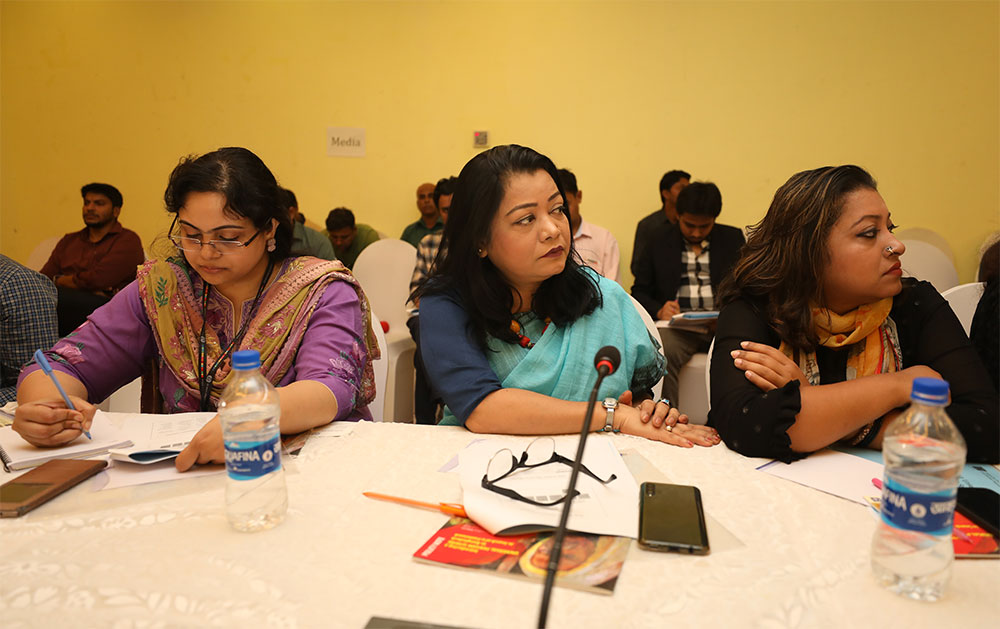
The trend of increasing average life expectancy (72 years at present: 49 years at independence) is expected to raise the dependency ratio in Bangladesh in the coming years. The issue of introducing a UPS should be seen and examined from this broader perspective of the rising aspirations of the citizens of Bangladesh. If Bangladesh wants to introduce UPS for all citizens, a “Universal Pension Act” will need to be enacted which will create the scope for forming a Universal Pension Fund Authority (UPFA) in Bangladesh.
Professor Rahman added that challenges remain in terms of weak administrative and management capacity for implementing such a plan in our country. It will require bringing in adequate institutional and policy reforms to operationalise a UPS in Bangladesh.
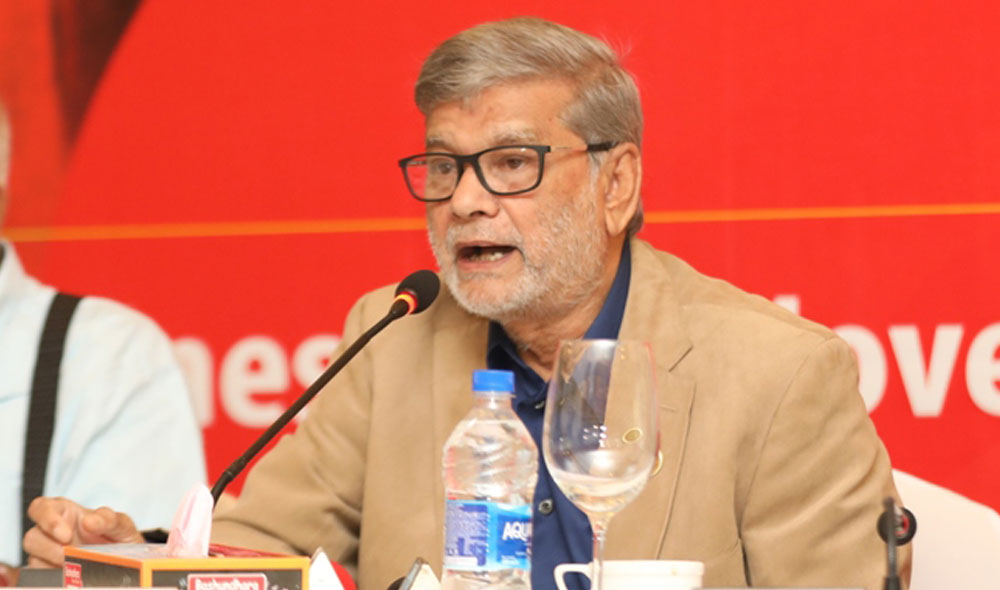
Mr M A Mannan, MP, Minister for Planning, as the Chief Guest at the event, said that the government also plans to introduce a pension scheme for all citizens and a government cell at Ministry of Finance has already started working on this issue. It is a positive sign for our economy that we are now capable of planning such a safety scheme for our citizens but we would have to be pragmatic as regards this plan. We have to formulate an affordable plan in line with the strength of our economy.
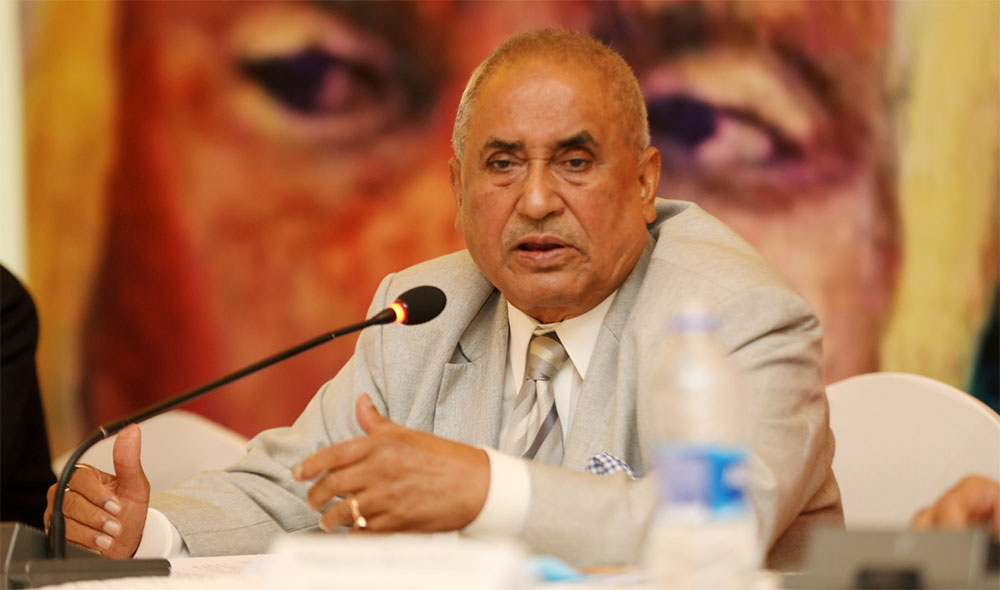
Mr Abul Kalam Azad, MP, Chairman, Parliamentary Standing Committee on Ministry of Planning spoke at the event as Special Guest. He mentioned that it is the appropriate time for the country to look into this vision of introducing pension scheme for all citizens. This idea was also stated in our election manifesto and was mentioned in the national budget speech for FY2020. The government will certainly look into the proposed frameworks for a feasible realisation.
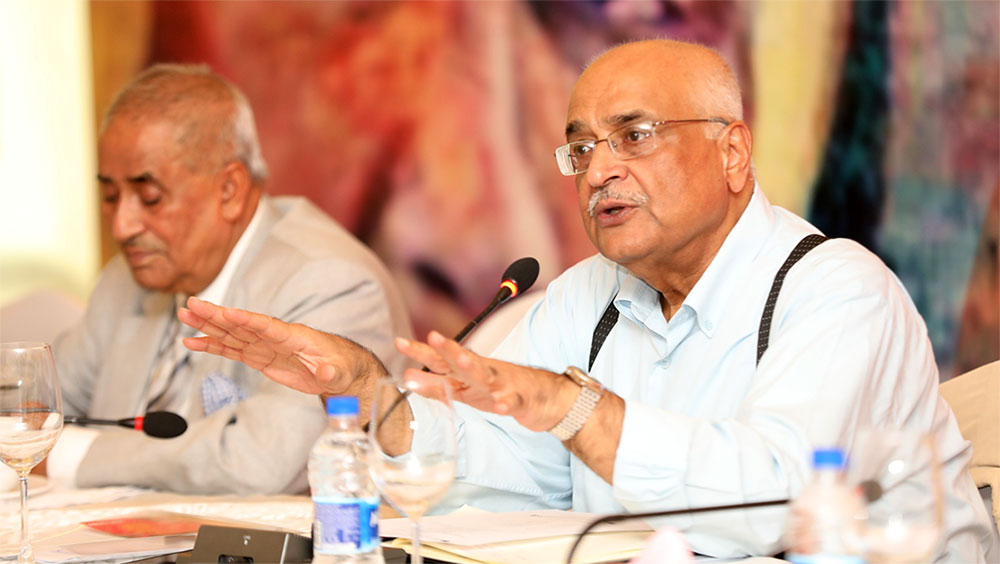
Dr Debapriya Bhattacharya, Distinguished Fellow, CPD, chaired the dialogue. He mentioned that as Bangladesh aspires to be a modern middle-income country and one-fourth of its population remains below the poverty line, it is time to ensure financial security for all citizens. Introducing a UPS could be a key tool to reduce inequality at the society.
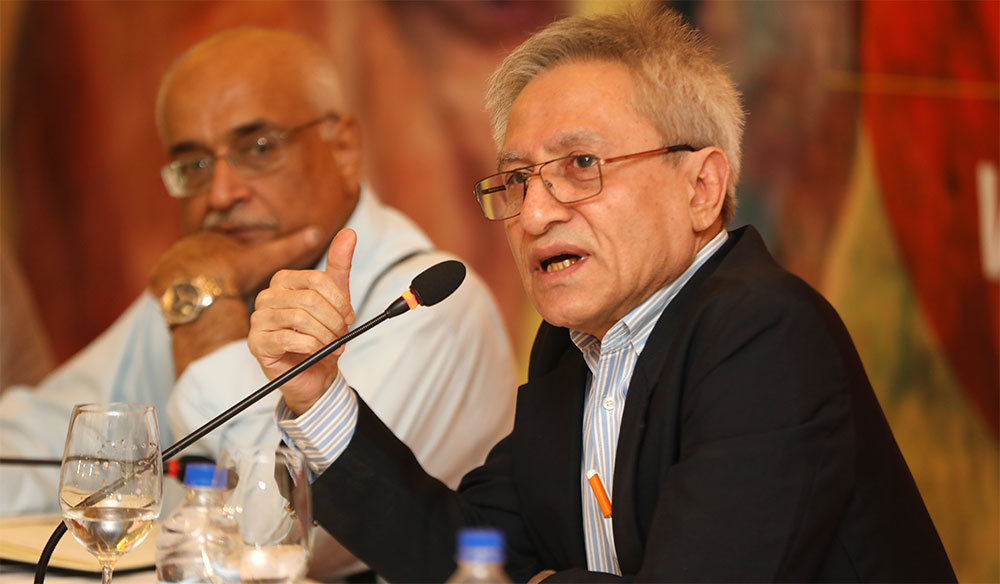
Dr Zahid Hussain, former Lead Economist, The World Bank, offered comments as the Special Commentator. The dialogue began with welcome remarks from Dr Dipankar Datta, Country Director, Oxfam in Bangladesh.
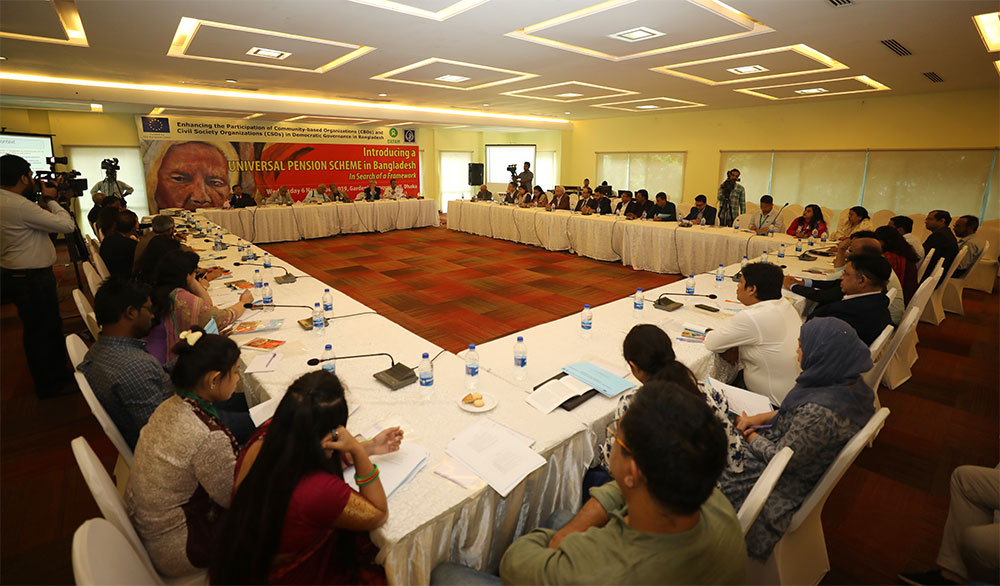
The event was attended by economists, development practitioners, academicians, researchers, international development partners, media officials among others.


